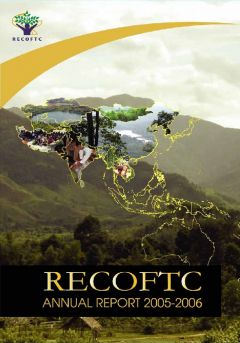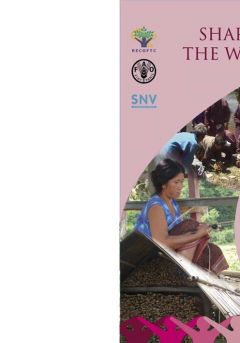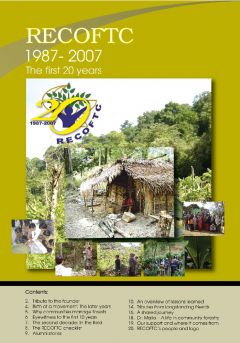Institutionalization of Conflict Capability in the Management of Natural Resources: Theoretical Perspectives and Empirical Experience in Indonesia
This paper explores the conflicts between badly-affected local communities and logging and mining companies and analyzes how such conflicts can be addressed effectively.










